Baby African Grey Parrot For Sale
$1,000.00
Length: 13-16 inches
Weight: 400-550 grams
Banded: Yes
DNA Tests: Yes
Category: African Grey Parrots
Overview Of Baby African Grey Parrots
Caring for Baby African Grey Parrots
Baby African Grey Parrot For Sale, Baby African Grey Parrots, also known as chicks, require meticulous care to ensure they grow up healthy and well-adjusted. This guide covers essential aspects of their care, including feeding, housing, socialization, and health monitoring.
Initial Care
1.Brooder Setup:
•Temperature: Keep the brooder at a stable temperature of around 95°F (35°C) during the first week. Gradually decrease the temperature by about 5°F (3°C) each week until it reaches room temperature.
•Humidity: Maintain a humidity level of around 50-60% to prevent dehydration and support proper growth.
•Bedding: Use soft, clean materials such as paper towels or soft cloths to line the brooder, changing them regularly to maintain cleanliness.
2.Feeding:
•Hand-Feeding Formula: Use a high-quality, commercially available hand-feeding formula specifically designed for parrot chicks. Follow the manufacturer’s instructions for mixing the formula.
Feeding Schedule:
•For the first week, feed every 2-3 hours, including nighttime feedings.
•From the second week onward, gradually extend the intervals between feedings as the chick grows.
•Feeding Technique: Use a syringe or spoon to feed the formula to the chick. Ensure the formula is warm but not hot (around 100-105°F or 38-40°C). Feed slowly and carefully to avoid aspiration.
Housing
1.Transition from Brooder to Cage:
•As the chicks grow and develop feathers, they can gradually be moved from the brooder to a more spacious cage.
•Ensure the cage has a comfortable perch and is placed in a warm, draft-free environment.
2.Cage Setup:
•Perches: Provide various perches of different sizes and textures to help the chicks develop strong feet and balance.
•Toys: Include safe, age-appropriate toys to stimulate the chick’s mind and encourage play.
Baby African Grey Parrot For Sale
Socialization and Training
1.Handling:
•Start handling the chicks gently and frequently to get them accustomed to human interaction. This will help them become well-socialized and tame adults.
•Ensure your hands are clean before handling the chicks to prevent the spread of bacteria.
2.Socialization:
•Expose the chicks to different environments, sounds, and people to help them adapt to various situations.
•Spend time talking to and playing with the chicks to strengthen your bond and build trust.
3.Basic Training:
•Begin basic training with simple commands and gentle guidance. Use positive reinforcement, such as treats and praise, to encourage desired behaviors.
Health Monitoring
1.Weight Monitoring:
•Weigh the chicks daily using a precise gram scale to ensure they are gaining weight consistently. Record their weights to track their growth.
2.Veterinary Care:
•Schedule regular check-ups with an avian vet to monitor the chicks’ health and development.
•Be vigilant for any signs of illness, such as lethargy, lack of appetite, or abnormal droppings, and seek veterinary care promptly if needed.
3.Feather Development:
•Monitor the chicks’ feather growth, ensuring they are developing normally. Provide a balanced diet to support healthy feather formation.
Diet Transition
1.Weaning:
•Gradually introduce solid foods around 8-10 weeks of age while continuing hand-feeding.
•Offer soft fruits, vegetables, and a high-quality pellet diet. Encourage the chicks to explore and try new foods.
2.Complete Weaning:
•By around 12-14 weeks, most chicks will be fully weaned and eating solid foods independently. Continue offering a variety of nutritious foods to ensure a balanced diet.
Ethical Considerations
1.Responsible Breeding:
•Ensure that breeding practices are ethical and prioritize the health and well-being of the birds.
•Avoid overbreeding and ensure there are suitable homes for the chicks once they are ready for adoption.
2.Adoption and Sales:
•Screen potential adopters to ensure they are knowledgeable and capable of providing proper care for the parrot.
•Educate new owners about the long-term commitment required to care for an African Grey Parrot.
African Grey Parrot For Sale
Conclusion
Caring for baby African Grey Parrots is a rewarding but demanding task that requires attention to detail, patience, and dedication. By providing proper nutrition, a safe and stimulating environment, regular veterinary care, and ample socialization, you can ensure that these intelligent and sensitive birds grow into healthy, well-adjusted adults. Your efforts will be rewarded with a loyal and loving companion that can bring joy to your life for many years.
Be the first to review “Baby African Grey Parrot For Sale” Cancel reply
Related products
African Grey Parrots
$1,900.00
African Grey Parrots
$1,700.00
African Grey Parrots
$150.00

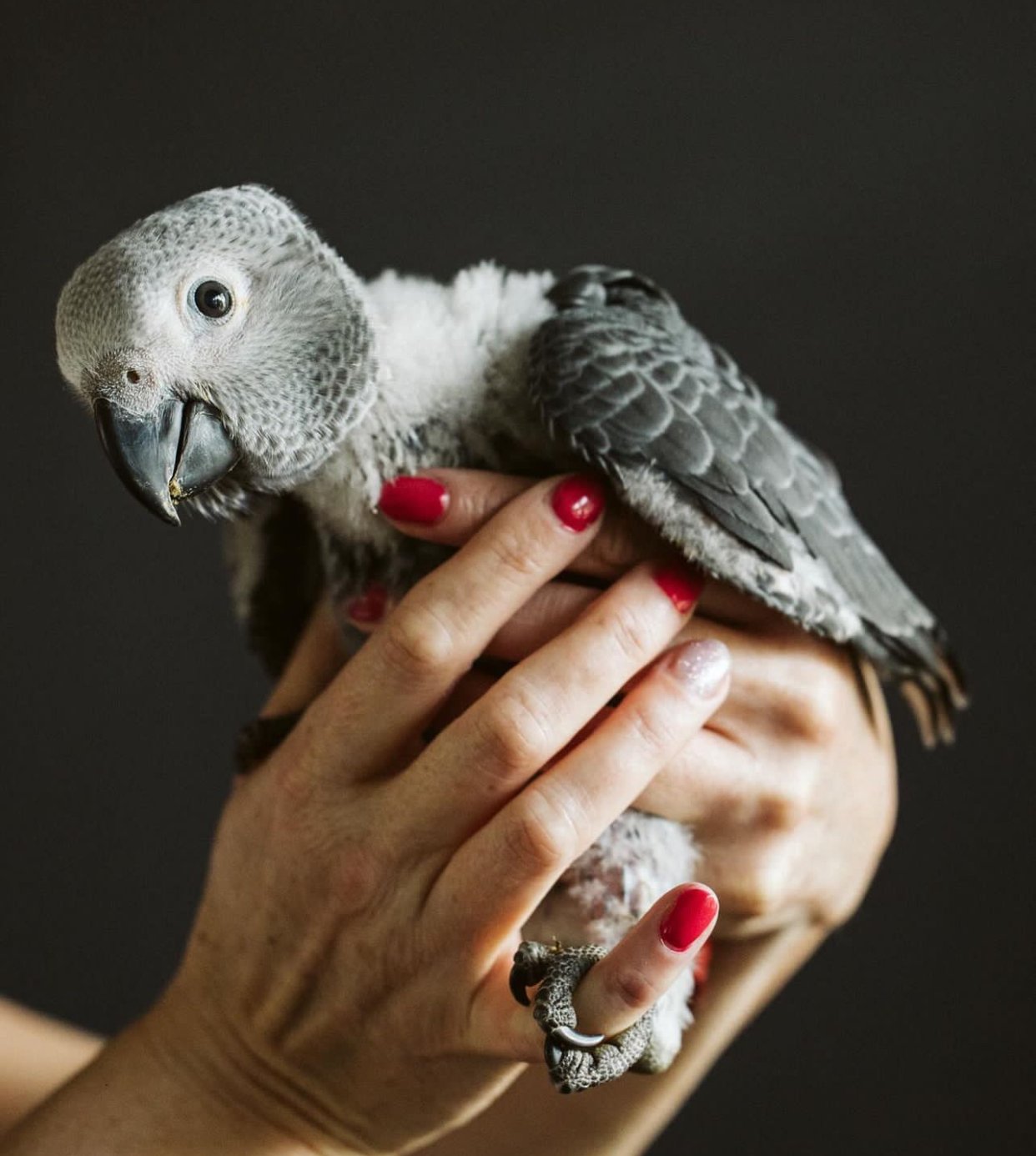
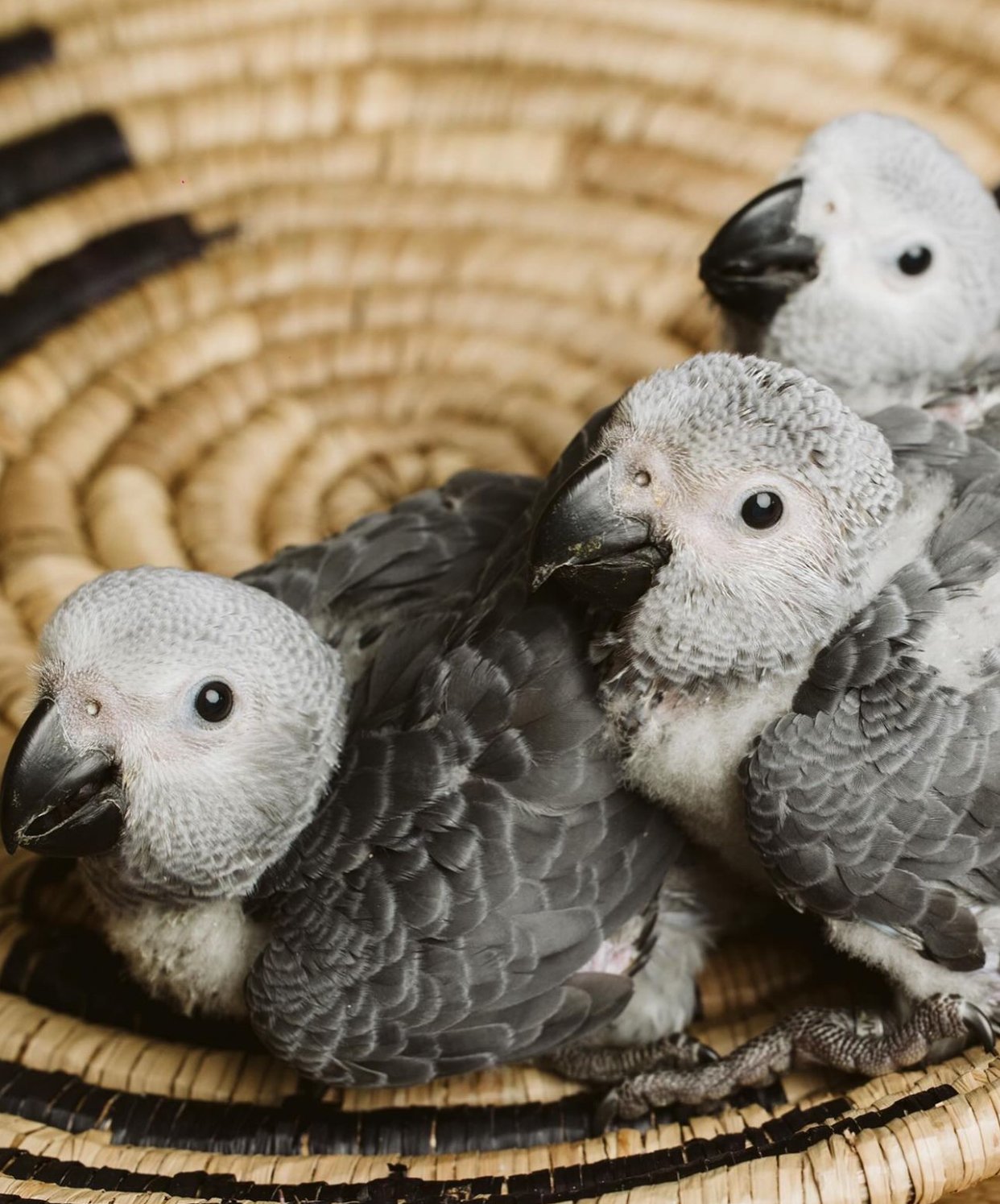
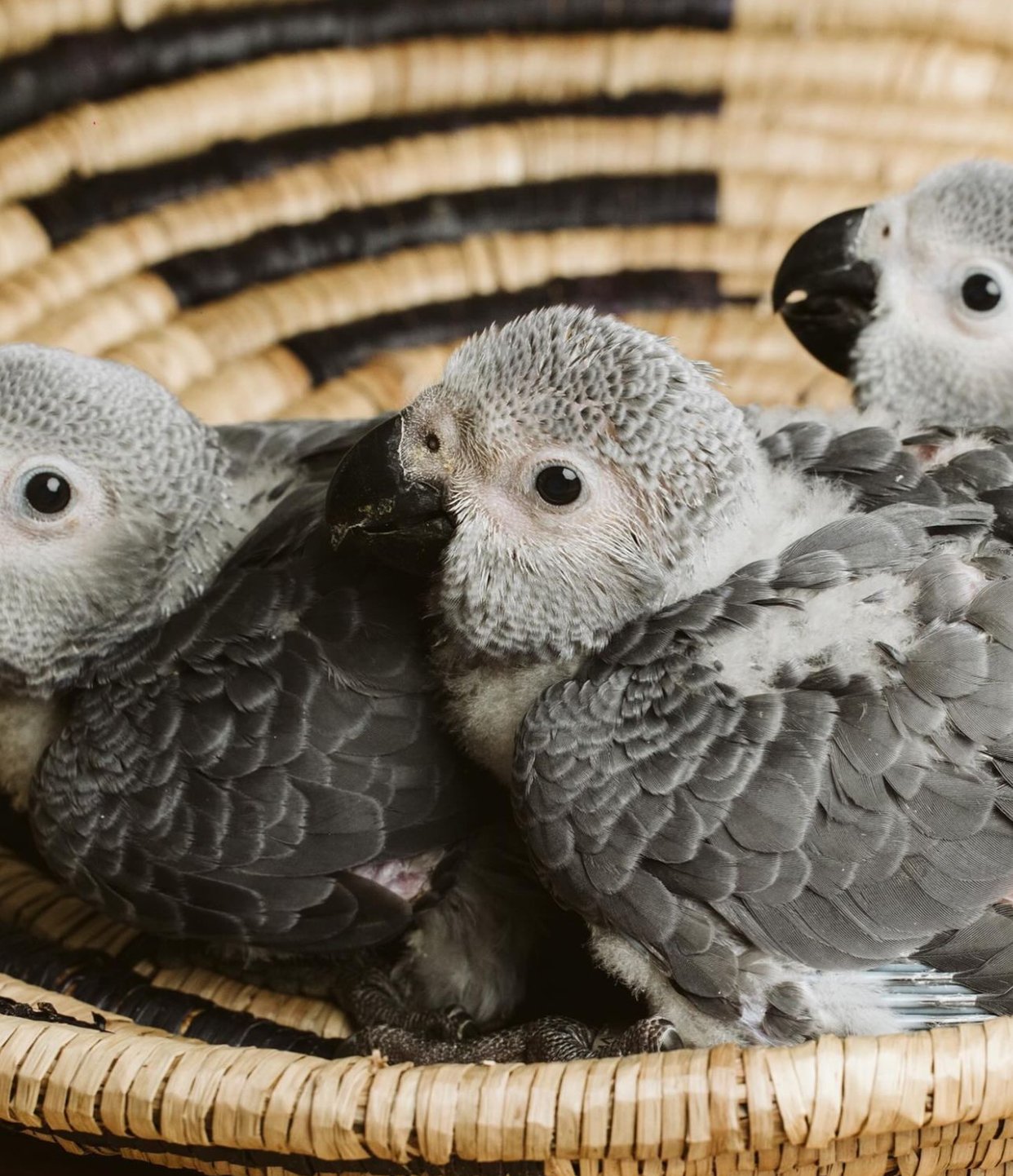
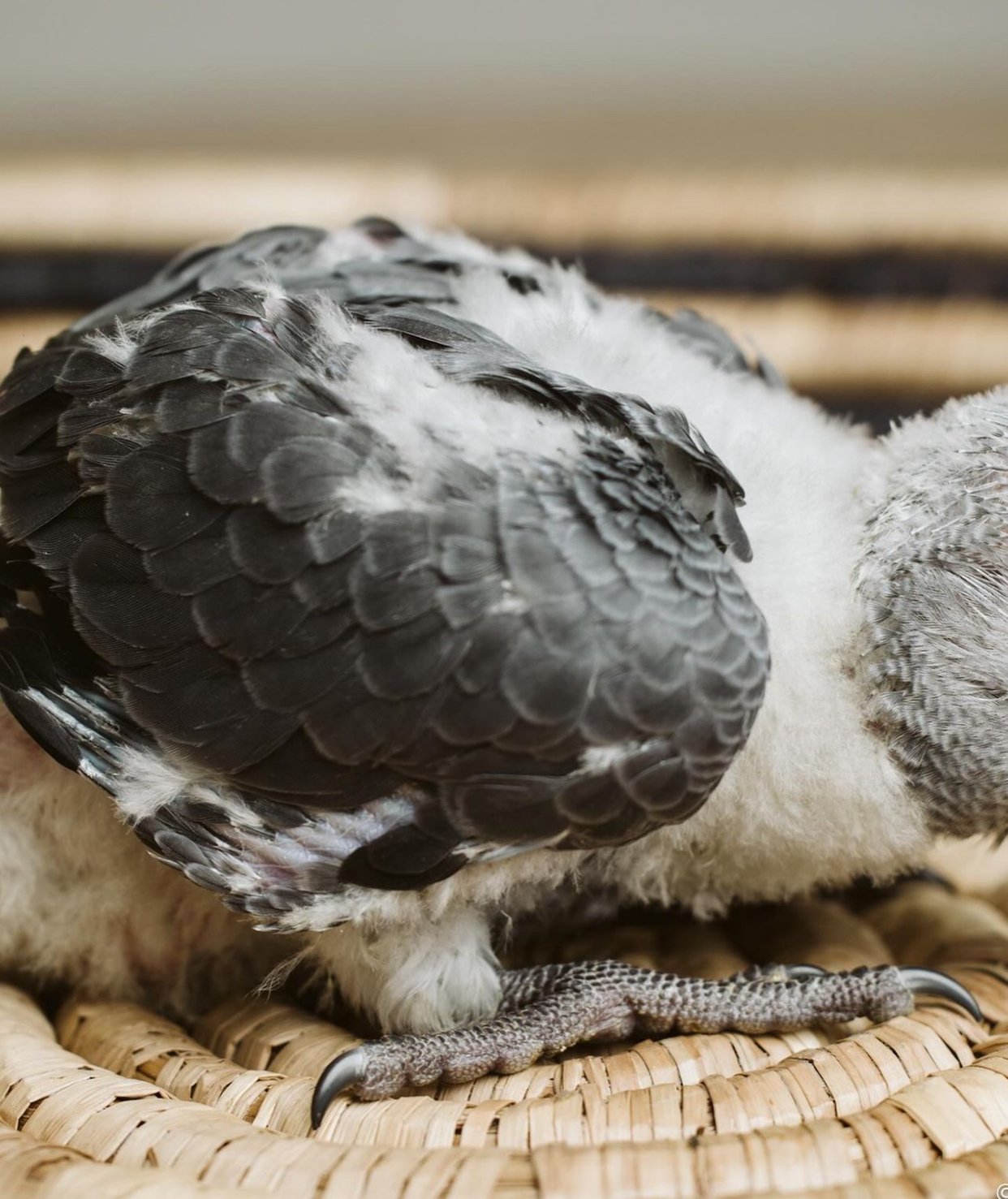
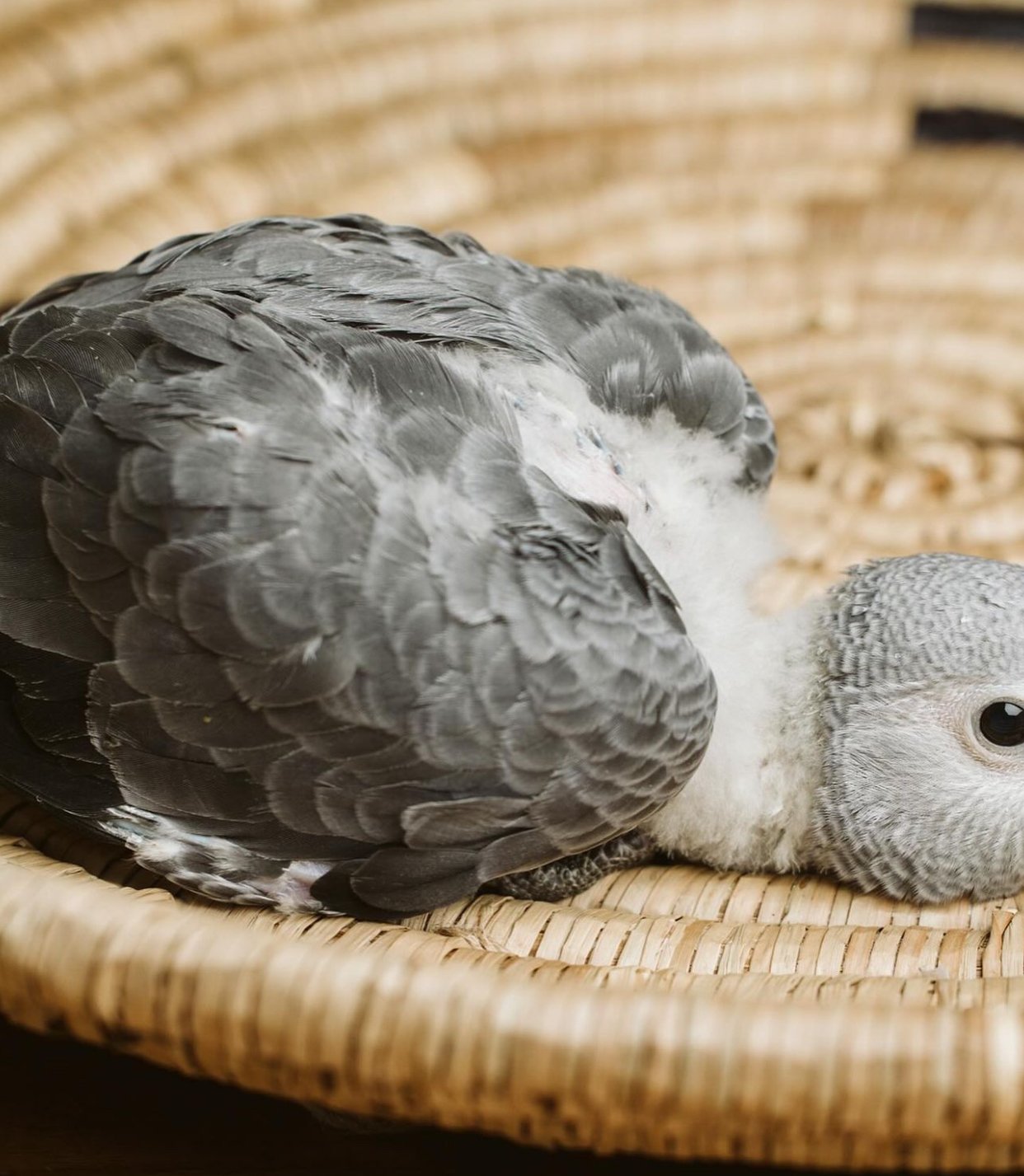
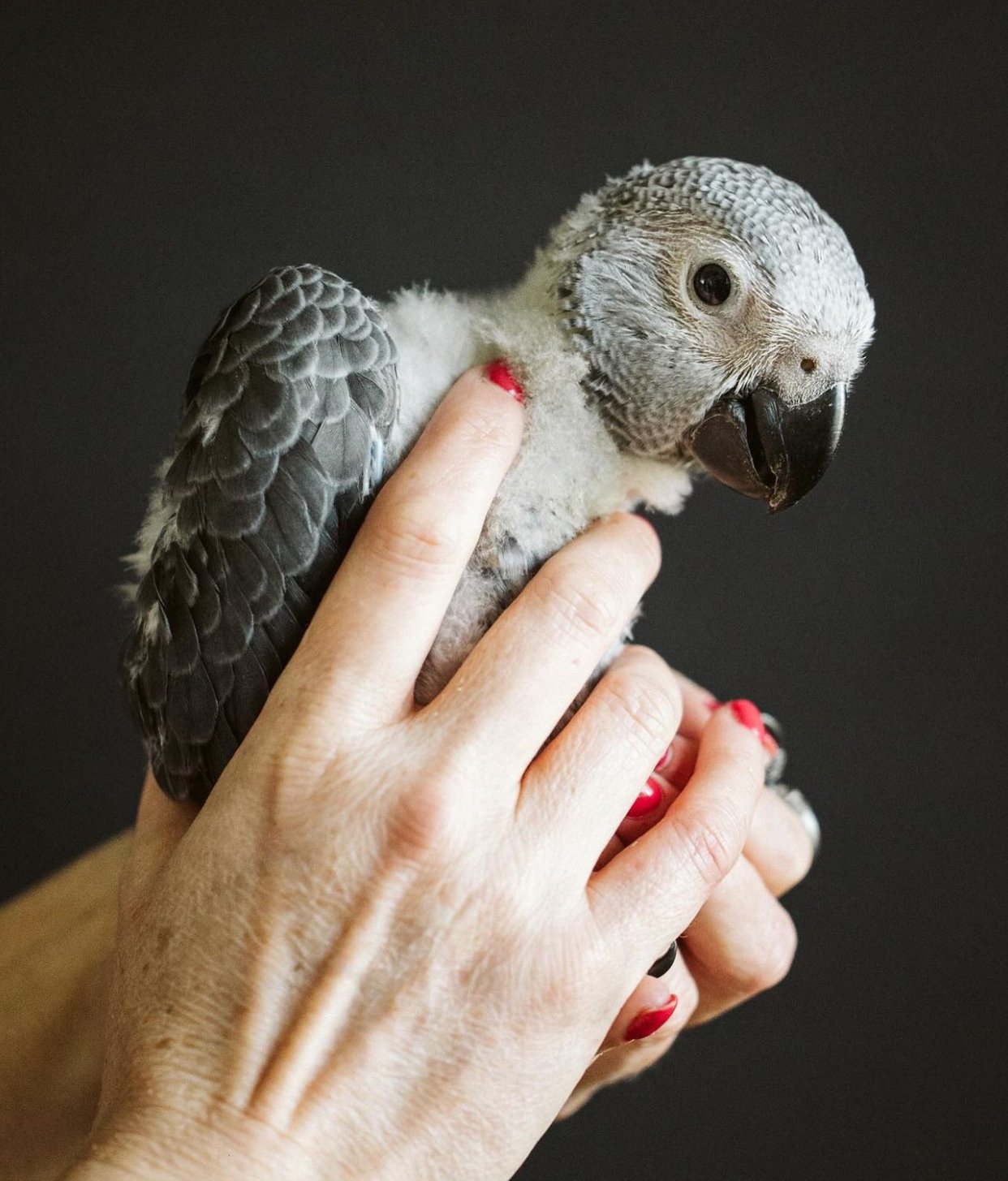
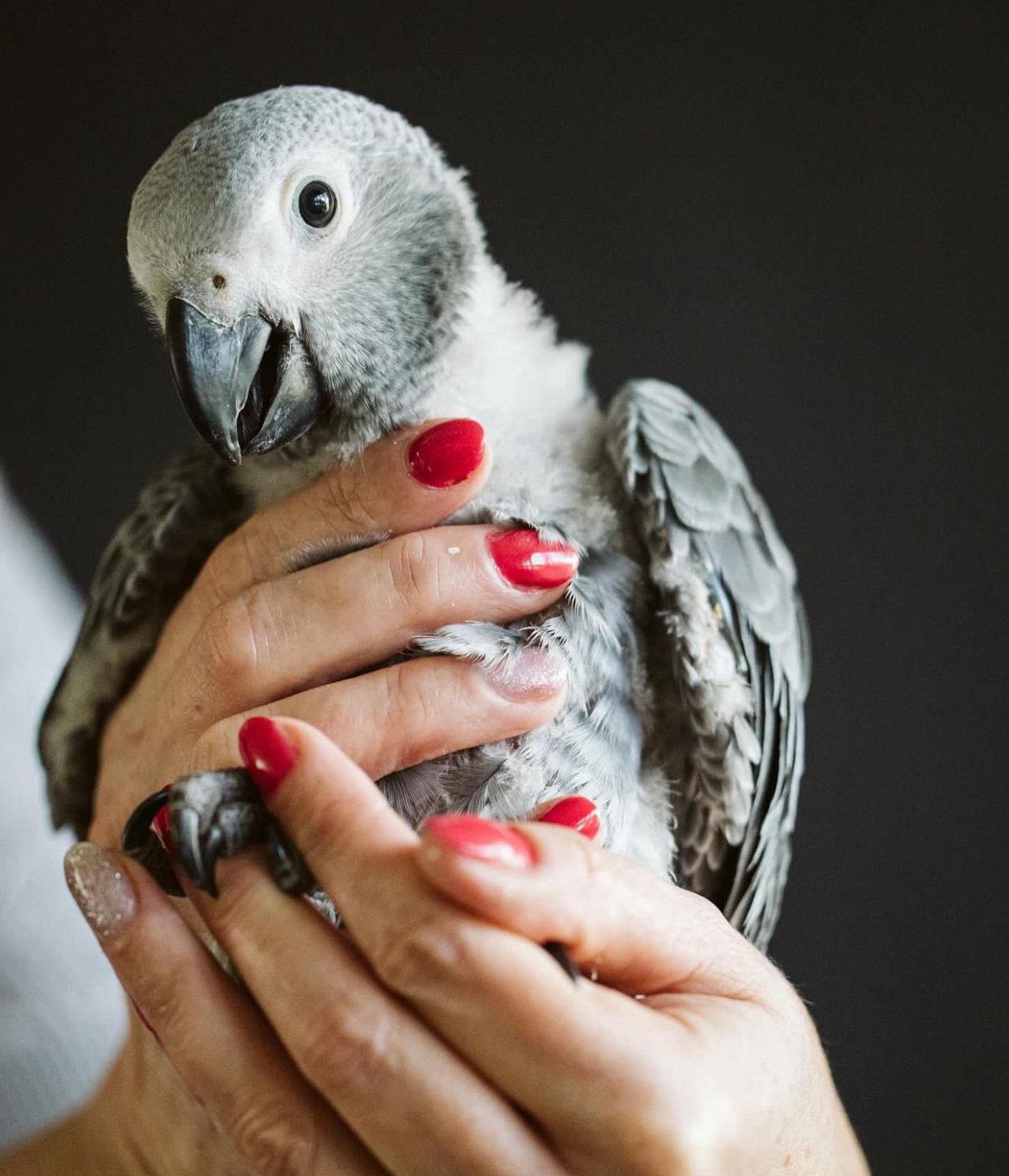
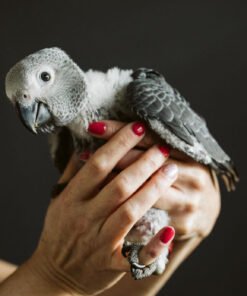
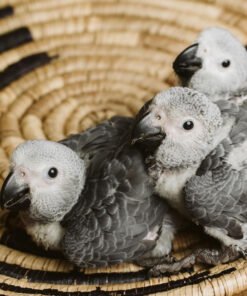
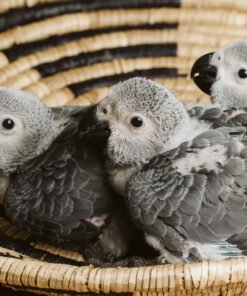
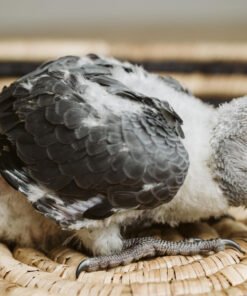
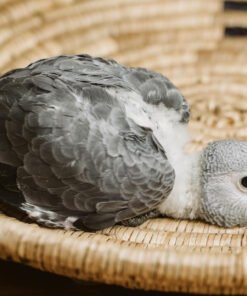
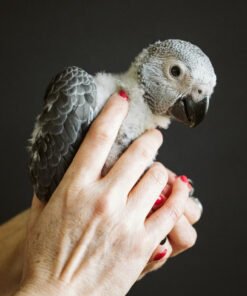
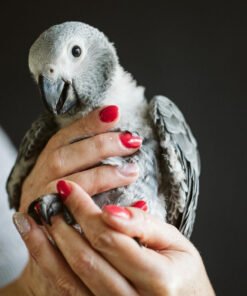


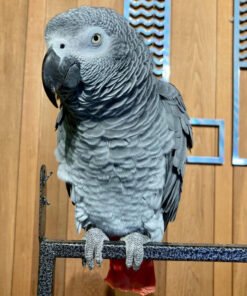
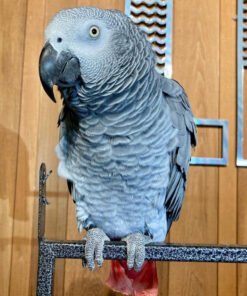
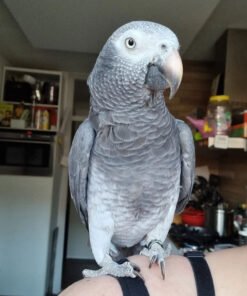
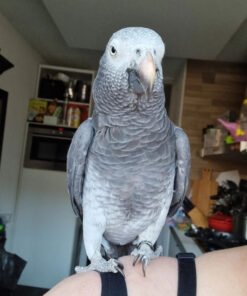

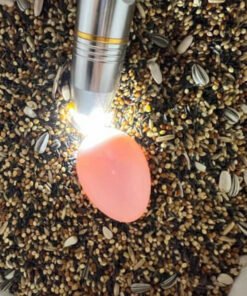
Reviews
There are no reviews yet.